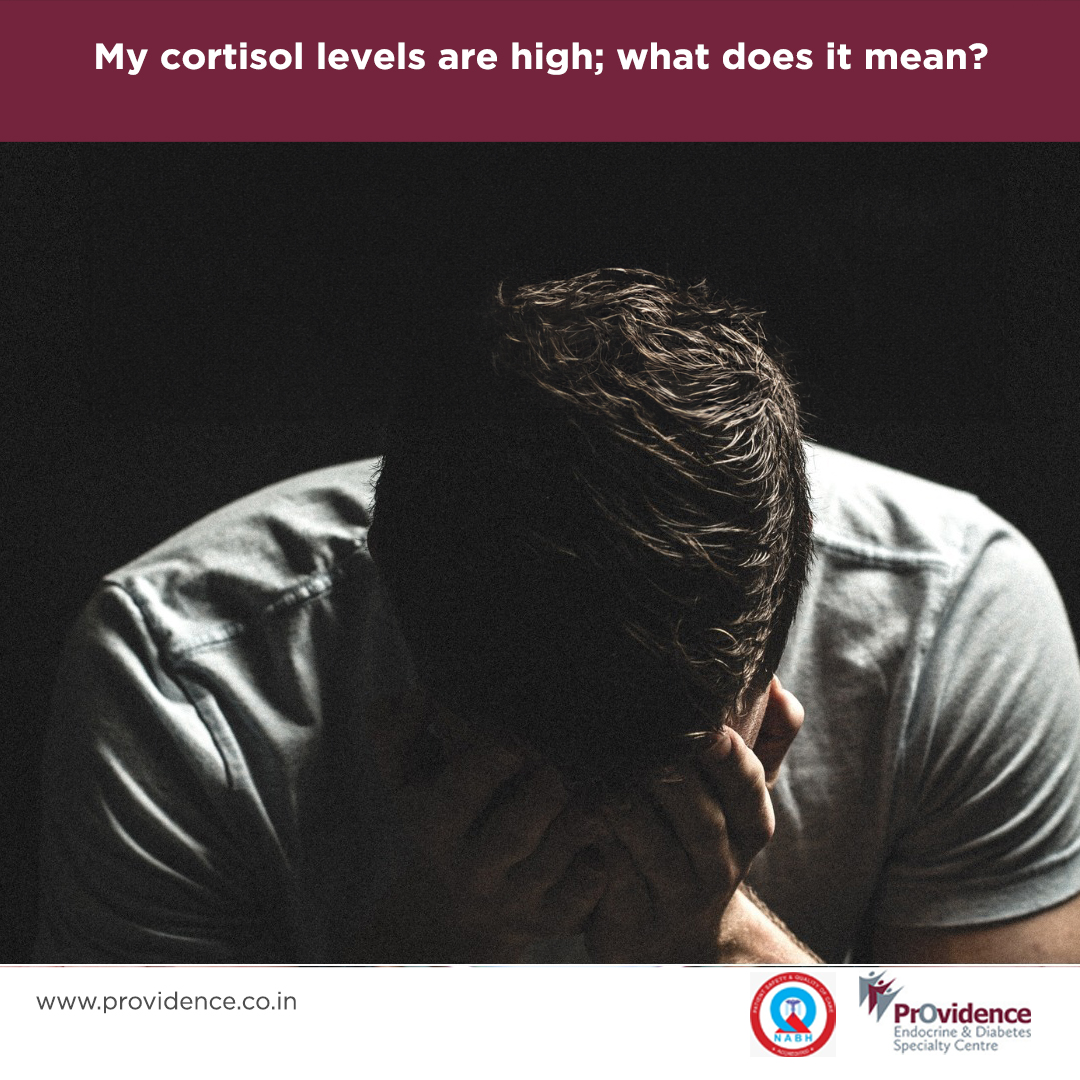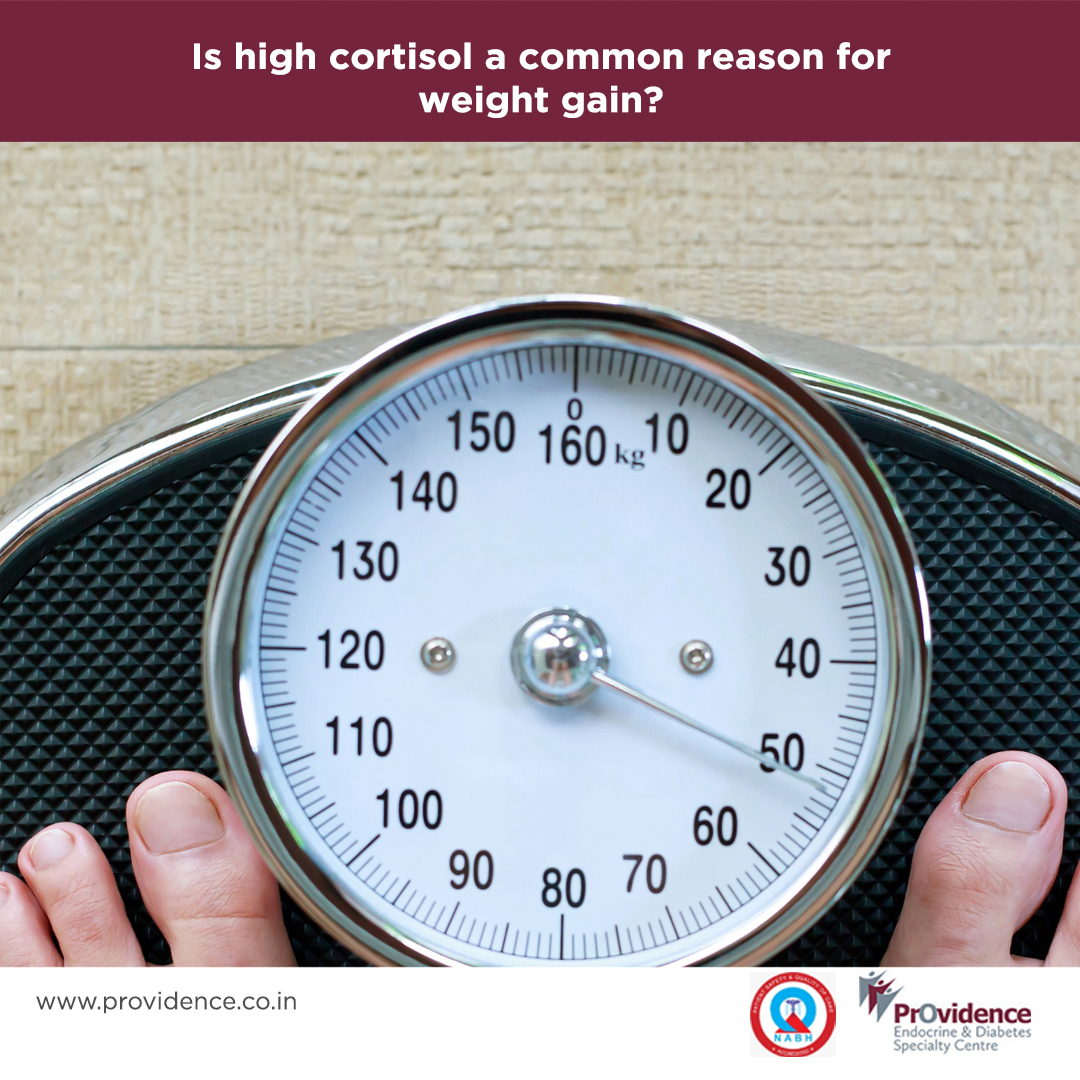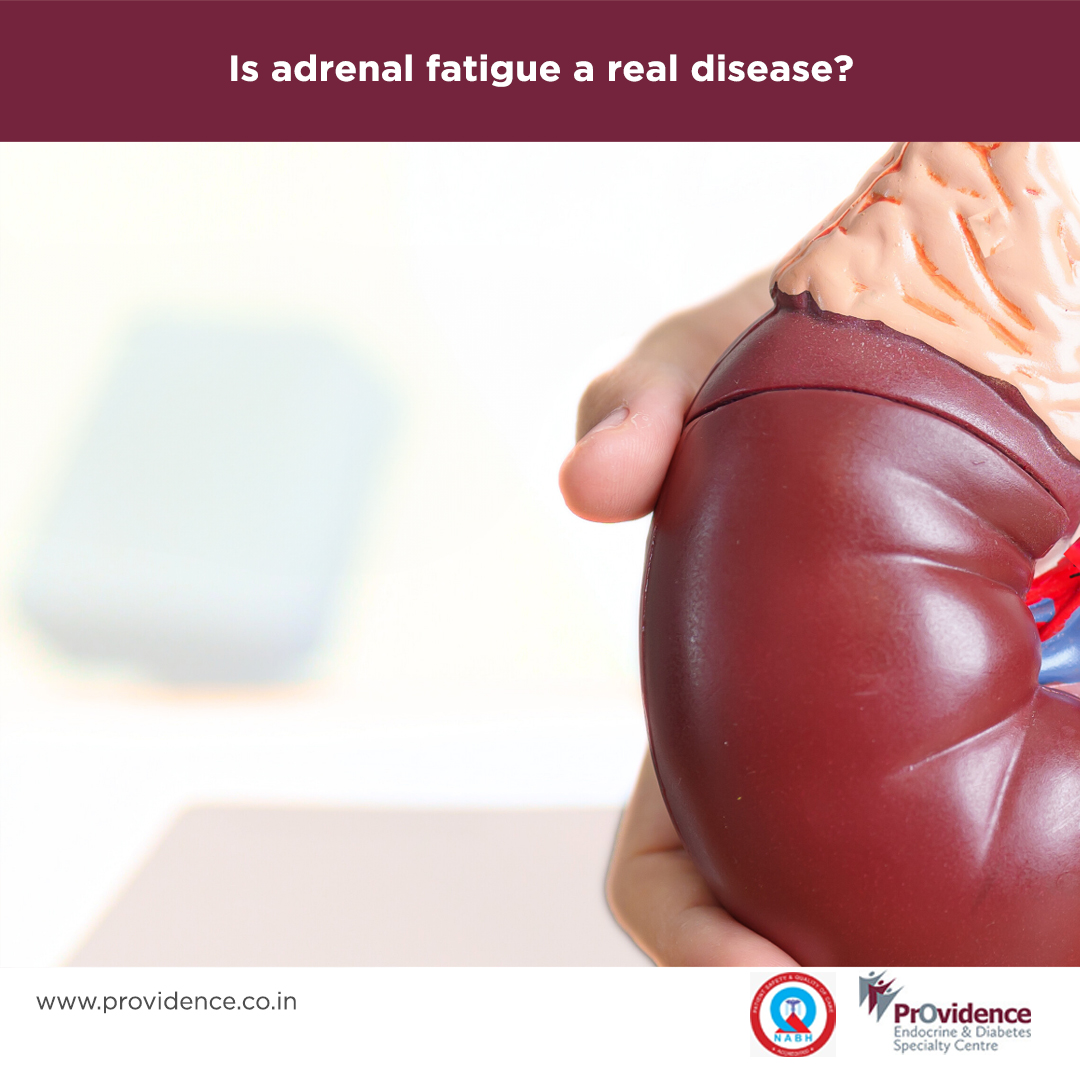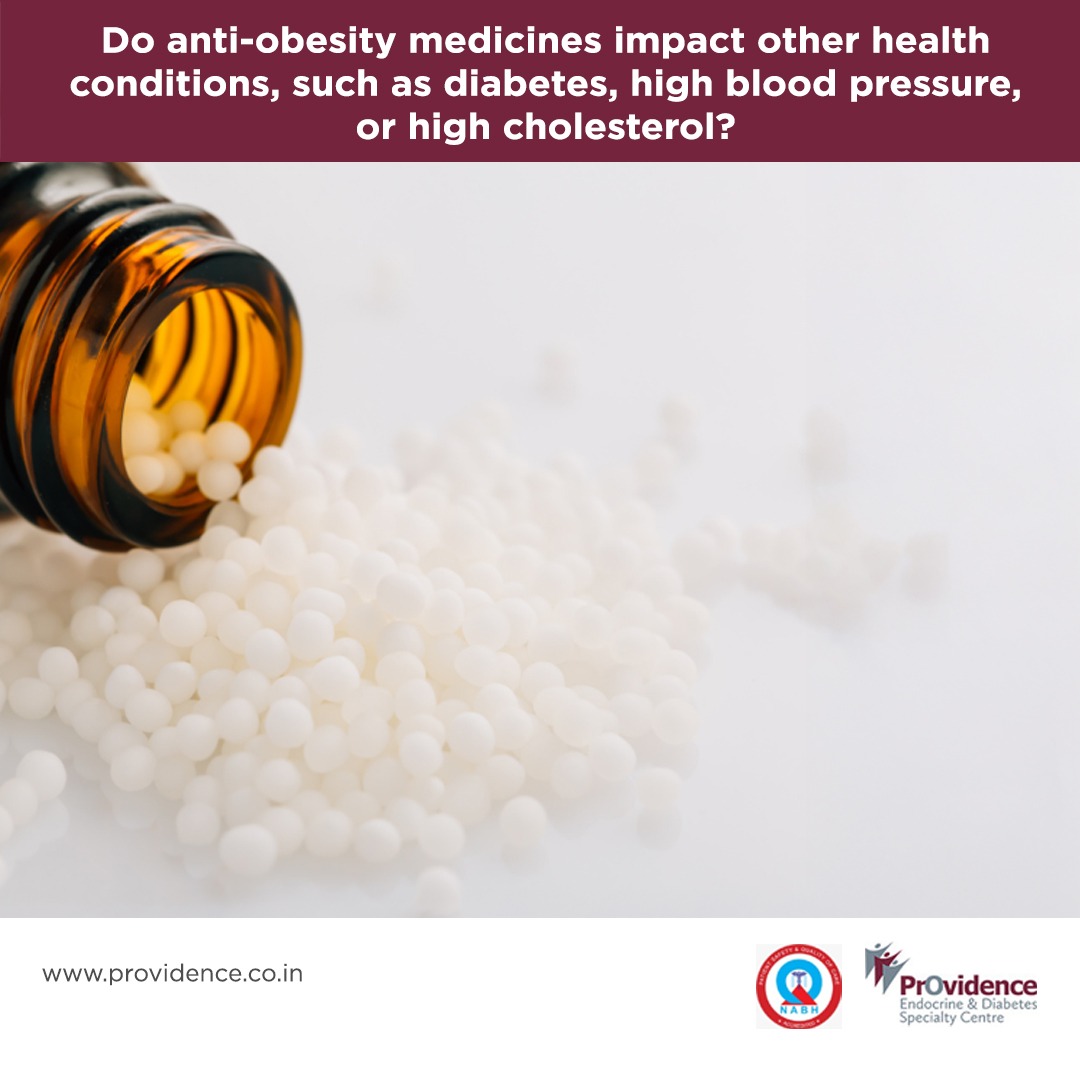Steroid inhalers are used in the treatment of bronchial asthma and COPD. They deliver the steroid drug directly into the respiratory tract, and only a tiny fraction of the same crosses into the blood circulation. Steroid inhalers are excellent medicines, dramatically improving the symptoms and quality of life of people with respiratory diseases.
Other than minor irritations like sore throat, rare voice hoarseness and mild tongue coating, steroid inhalers are mostly safe. Some concerns with the use of steroid inhalers are
1. Effect on the natural steroid secretion by the adrenal glands
2. Adverse effects on bone health
3. Adverse effects of growth in children
4. Increased risk of lung infections
5. Increased risk of cataracts and glaucoma (increased eye pressure)
The adverse effects are more when there are larger doses, more potent steroids and more frequent use of steroids. Some people may be more vulnerable, like growing children and elderly. If you have concerns about the adverse effects of steroids, please talk to an endocrinologist.
Dr.Mathew John ,MD,DM












